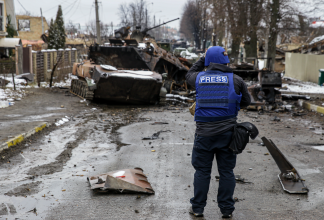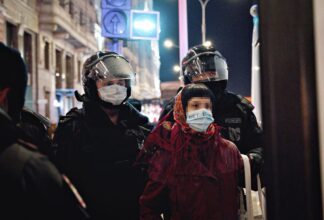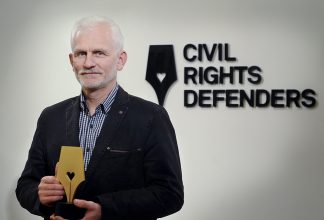Law Amendments Threaten Freedom of Association
Civil Rights Defenders is greatly concerned by the proposed amendments to the law on NGOs in Russia, which would designate human rights organisations as “foreign agents” for receiving funds from abroad.
This week, the Russian State Duma will consider introducing amendments to legislation regulating non-governmental organisations (NGOs). The bill, which was submitted by a State Duma member for United Russia on 29 June, has received government backing. The same legislator, who recently initiated the controversial Russian law on public gatherings, restricting freedom of assembly in the country, put the proposal forward.
The proposed legislation poses a serious threat to civil society’s freedom of association and freedom of expression, in violation of international human rights standards and conventions ratified by Russia.
“This proposal is another step in the wrong direction. Russia should support civil society rather than further obstruct the important work that NGOs are doing to advance democracy and human rights in the country,” said Joanna Kurosz, Eurasia Programme Director, Civil Rights Defenders.
If the amendments are adopted, the law will force NGOs that receive funding from abroad to publicly declare themselves “foreign agents” if they engage in “political activities”. These political activities are defined very broadly. The law would also introduce stricter reporting requirements for foreign-funded NGOs, and thereby further increase the control imposed by the much-criticised amendments to the NGO-law revised in 2006 (and partly improved in 2009). Failure to comply with the new regulations will be punishable by jail sentences of up to three years and fines of up to 300,000 roubles (7,400 EUR).
The proposed amendments have been criticized by representatives of Russian human rights organisations, as well as by the head of the Presidential Human Rights Council of Russia, Mr. Mikhail Fedotov.
“We share the fear of our colleagues in Russia that the law can be used to discredit the work of the civil society in Russia,” said Joanna Kurosz.


